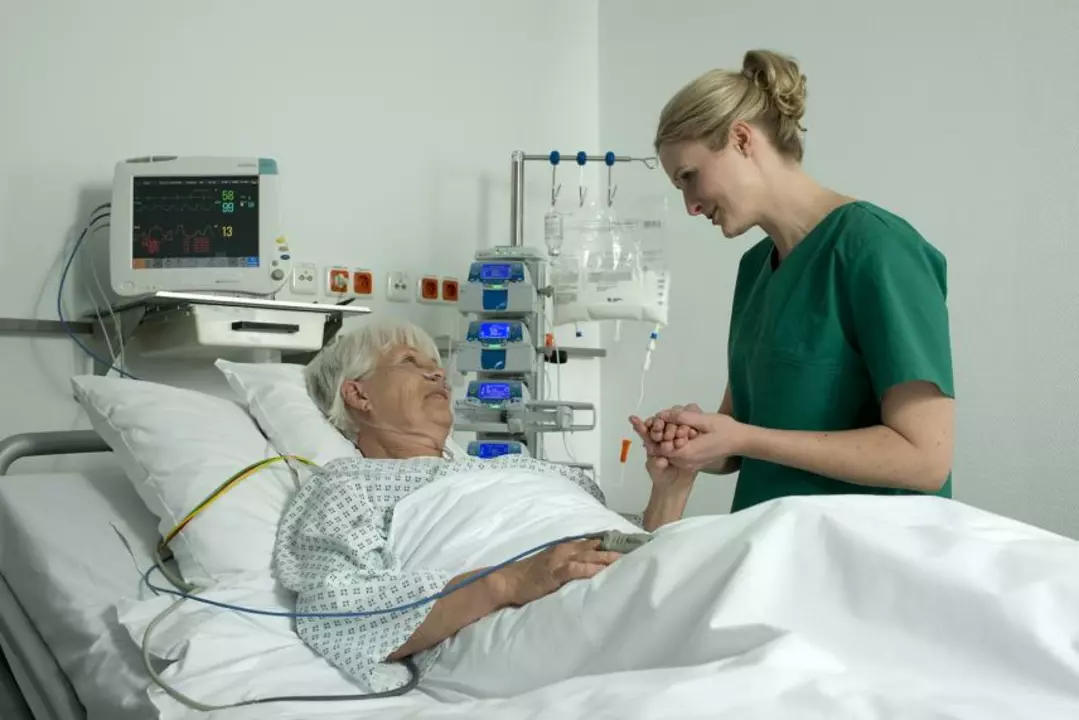Medication storage: how to keep medicines safe and effective
Medicines can stop working or become unsafe if you store them the wrong way. A few simple habits — where you keep them, how you pack them for travel, and how you handle special meds — will protect your health and your family. Here are practical, no-nonsense rules you can use today.
Quick rules for everyday meds
Keep most pills in their original bottle with the label. The label has the name, dose, expiry, and sometimes storage temperature. Avoid moving pills into random containers unless you use a proper pill organizer for short-term use. Store medicine in a cool, dry place away from sunlight — a bedroom closet or a high shelf works better than a bathroom or kitchen counter.
Don’t store meds in the bathroom. Steam and heat from showers speed up chemical breakdown. The kitchen is risky too — heat from ovens or windows can affect drugs. If humidity is an issue, add a small desiccant pack (silica gel) inside the medicine box, but never eat it.
Check expiry dates before taking anything. Expired medicine can be less effective or unpredictable. If you see changes in color, smell, or texture, toss the product safely and ask your pharmacist about replacements.
Special cases: refrigerated drugs, controlled meds, and travel
Some medicines need refrigeration — insulin, certain liquid antibiotics, vaccines, and biologics. Store these in the main fridge compartment, not the door, to avoid temperature swings. Keep them in a labeled container and use a fridge thermometer. If the power goes out, use an insulated cooler with ice packs and contact your pharmacist if the temperature rises above the recommended range.
Controlled substances and opioid painkillers need extra protection. Use a lockbox or a locked drawer and keep a record of quantities. If you suspect theft or loss, report it to your provider right away. For households with children, place medicines out of sight and reach, and always re-lock childproof caps immediately.
When you travel, carry medicines in your hand luggage. Keep them in original packaging and bring a copy of your prescription or a doctor’s note for injectables like insulin. Use small coolers or temperature-stable travel cases for meds that can’t warm up. If your trip includes extreme heat or cold, ask the manufacturer or pharmacist about temperature-stable alternatives.
Dispose of old or unused medicines safely. Many communities have take-back programs or pharmacy drop-off boxes. If none exist, mix pills with coffee grounds or cat litter in a sealed bag and put them in the trash — but remove personal info from labels first. Never flush medication unless the label or a pharmacist tells you to.
If you’re ever unsure, ask a pharmacist. They can confirm storage needs, show you how to read labels, and recommend safe travel gear or disposal methods. A five-minute chat can prevent wasted medicine, failed treatment, or a household accident.
Follow these steps and you’ll keep drugs effective, reduce risks at home, and save money by avoiding ruined medicine. Small changes in where and how you store medicines make a big difference.
A Patient's Guide to Taking Prasugrel: Dosage, Storage, and More
As a patient, it's essential to understand how to take Prasugrel correctly. This medication is typically prescribed to prevent blood clots, but its effectiveness depends on the proper dosage and storage. To ensure the best results, follow your doctor's instructions for dosage, which usually depends on your medical condition and response to the treatment. Additionally, store Prasugrel at room temperature away from light and moisture, and never share your medication with others, as it's tailored to your specific needs. Remember, always consult your healthcare provider if you have any questions or concerns about taking Prasugrel.

